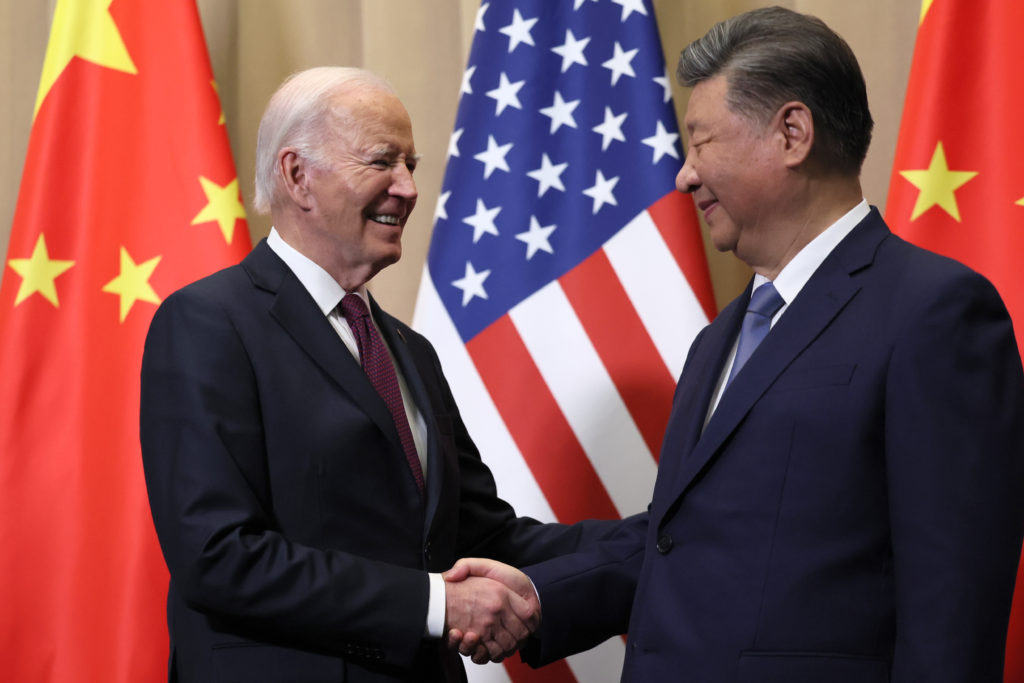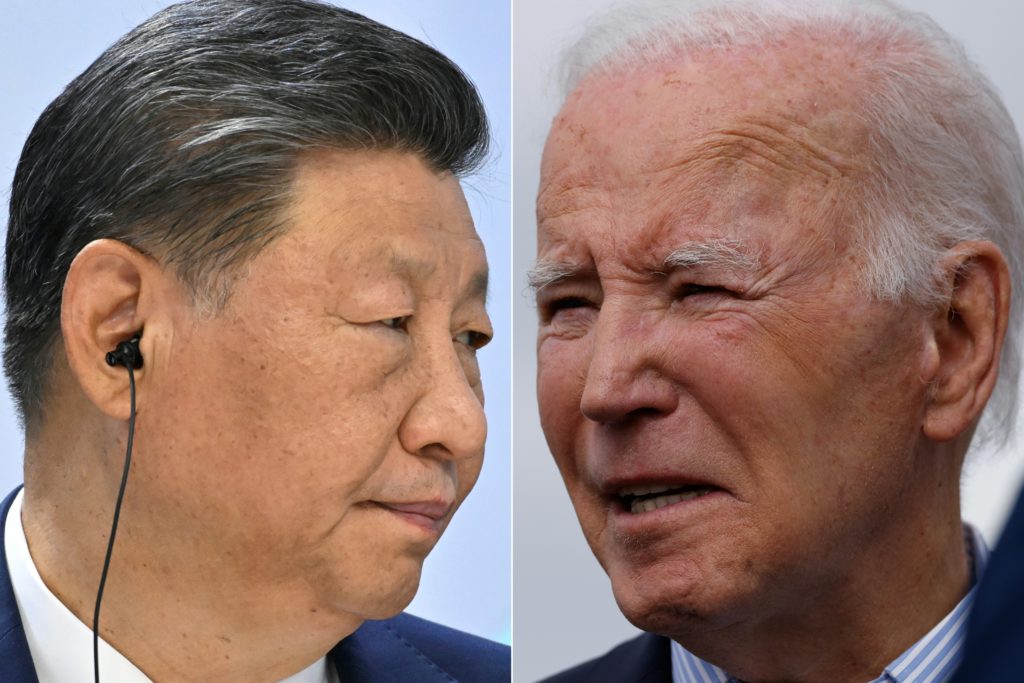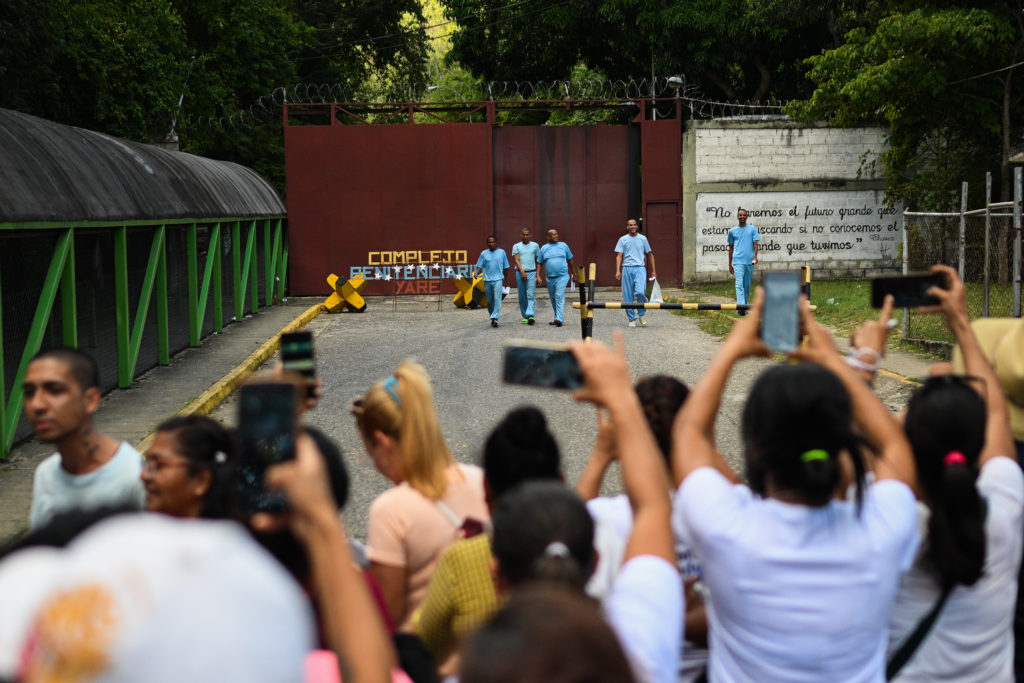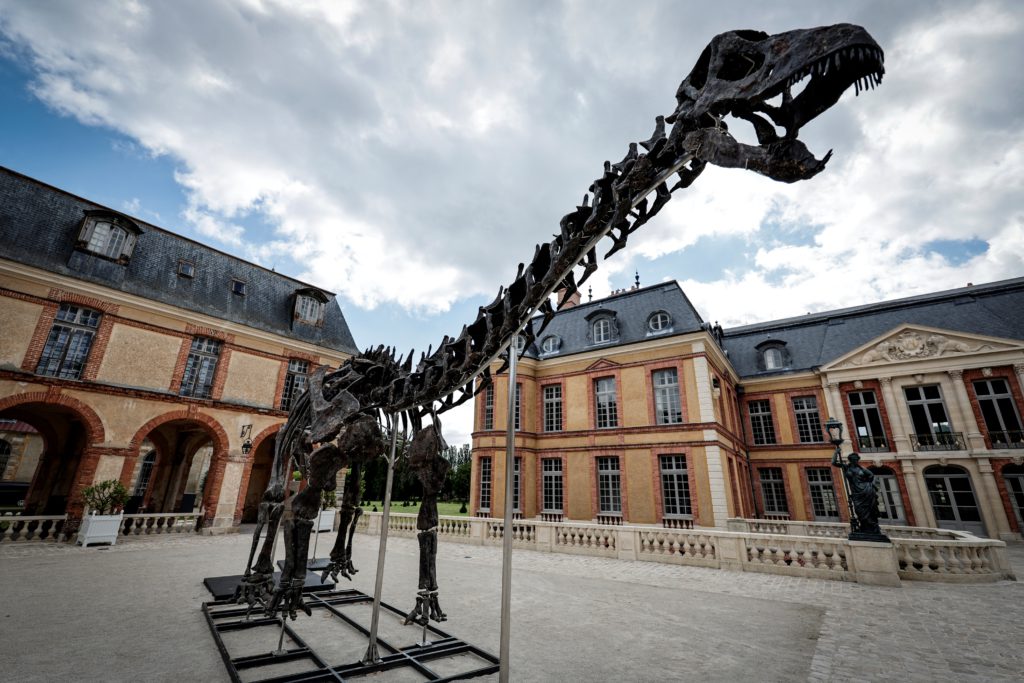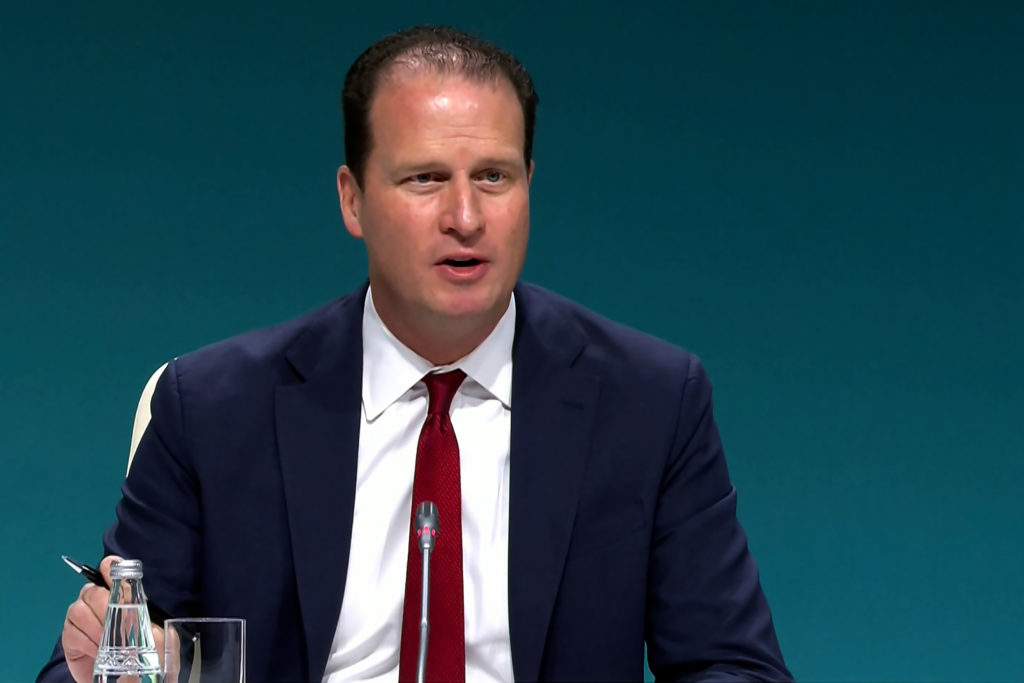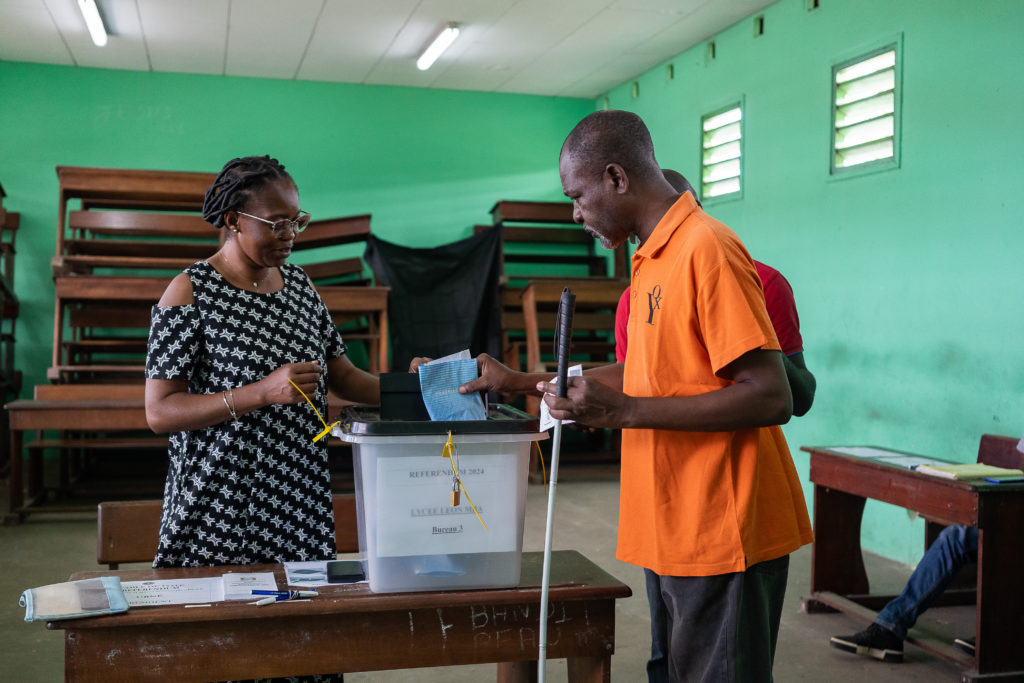A senior French surgeon faces legal action and a possible disciplinary charge after attempting to sell an X-ray of a concert-goer who was shot during the 2015 attack on the Bataclan music hall in Paris.
Orthopedic surgeon Emmanuel Masmejean, who practices at the Georges Pompidou public hospital in southwest Paris, was first reported by the Mediapart website on Saturday to be selling an image of the X-Ray as a digital artwork, without the patient’s consent.
The picture shows a forearm containing a Kalashnikov bullet and was on sale for 2,776 dollars (2,446 euros) on the OpenSea website, which specialises in so-called NFT digital images.
The head of Paris’s public hospitals, Martin Hirsch, wrote on Twitter on Saturday confirming that a criminal and professional complaint would be lodged against the surgeon for his “disgraceful” and “scandalous” decision.
“This act is contrary to sound professional practice, puts medical secrecy in danger, and goes against the values of AP-HP (Paris hospitals) and public service,” Hirsch wrote in a message sent to staff, which he shared on Twitter.
Asked for comment by Mediapart, Masmejean acknowledged that the sale was “an error” and said he regretted not having sought permission from the patient.
She is not identified, but is described as a young woman whose boyfriend was killed in the Bataclan attack, which was part of a wave of shootings and bomb attacks in the French capital by Islamic State gunmen who claimed 130 lives.
According to Masmejean’s description on OpenSea, the patient “had an open fracture of the left forearm with a remaining bullet of Kalachnikov in soft tissues.”
The experienced surgeon, who is a professor of surgery and a specialist in treating arm injuries, wrote that he had personally operated on five female victims at the Bataclan.
He told Mediapart that he had withdrawn the sale, but the image was still visible on Sunday.
OpenSea is specialised in selling NFTs, which stands for non-fungible tokens.
Using the blockchain technology behind cryptocurrencies, NFTs are digital artworks that cannot be duplicated.
They burst into the mainstream last year and are now traded at major auction houses, generating several hundred million dollars in transactions every month.
Some have sold for millions, including an NFT by digital artist Beeple which went under the hammer at Christie’s in March last year for an eye-watering $69.3 million.
The first SMS ever sent over a mobile phone in 1992 was sold in December as an NFT at a Paris auction for 107,000 euros ($120,600).

